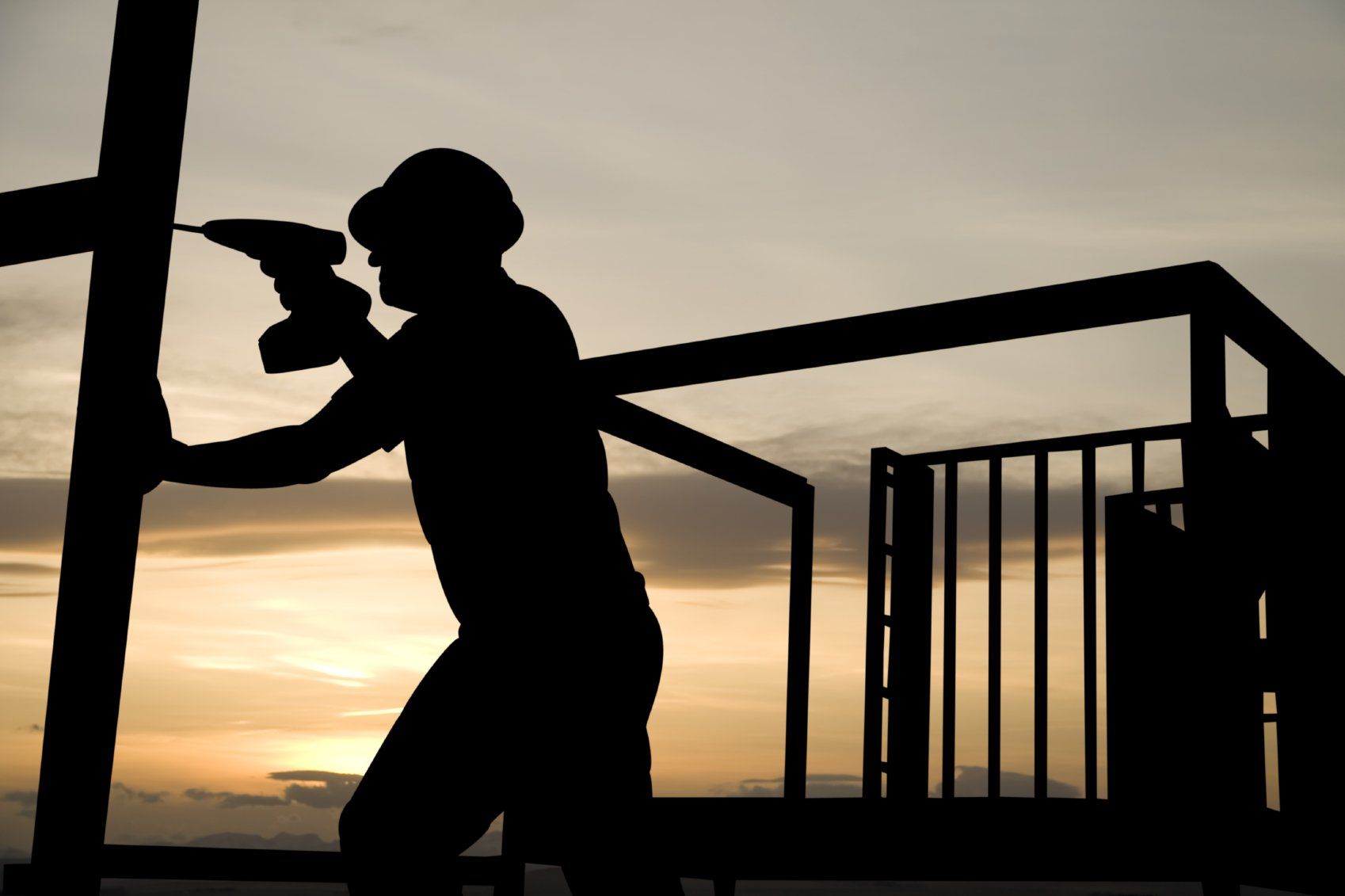SUPPORTING MENTAL HEALTH IN ADVENTUROUS SETTINGS
Comfort zones are great but.... DAC Outdoors
The better knowledge and awareness of the struggles that individuals face is an excellent position for the world to be in. Every Expedition leader, Adventure leader and even D of E leaders are required to have First Aid training. This deals with the physical health but what about the mental health of a participant on an adventure. To the individual struggling it can feel like walking up hill in sand. Bogged down and carrying the world on their shoulders. Are they getting the best out of the adventure? Can an adventure leader help? Can they give first aid and Promote recovery and prevent them getting worse? Well, maybe but an understanding is helpful.
Only recently have I dealt with a undisclosed mental health condition which surfaced while on an adventurous activity. It was a 3 day trip and the participant was a long way out of their comfort zone. Imagine being on a 28 day trip miles from the beaten track and an adventure leader isn't equipped or trained. It would be like not having a first aid kit!
Other adventurous activities can be excellent for mental health. Getting outdoors and experiencing new things is all part of what makes us. Stepping out of your comfort zone is argued to be one of the most important things to improve mental health. New influences and perspectives on things can help build resilience and coping strategies. Often anxiety can be caused by the belief that you can not do something. Realising true potential and abilities can really help.
But there are times when an adventure leader needs to have the skill set to understand and guide a person. DAC Education has developed a course; "Expedition Mental Health", designed to give adventure leaders an understanding of different conditions and how to support someone. Looking at pre-departure, undisclosed issues, the different drugs which maybe with a person, suicidal thoughts, post adventure blues and much more. This one day course is designed to make you think, give you an understanding and equip you to help an individual. So that any person on your adventure gets the best from it and learns to cope with the new experiences.
The course provides a comprehensive understanding of mental health and equips participants with the knowledge and skills to support individuals facing mental health challenges during outdoor adventures. Through a series of modules, participants will delve into various aspects of mental health and mental illness, exploring their impact on human behaviour and the relationship between them. The course also focuses on the components of mental well-being and resilience, highlighting examples of well-being and strategies for staying mentally well in difficult situations.
Expedition-specific mental health concerns are addressed, covering pre-departure preparation, stress areas and reasons during expeditions, comfort zones in relation to mental health, and the role of leaders in providing duty of care and support. Effective communication with individuals in crisis is also emphasised.
The course highlights the importance of emotional intelligence in managing one's own emotions and those of others during adventurous activities. Participants will explore the components of emotional intelligence, recognise changes in participants' behaviour, and gain an understanding of fixed and growth mindsets.
Course Curriculum
1. Understand the difference between mental health and mental ill health.
- 1.1 Describe how mental health affects human behaviour
- 1.2 Understand mental health and how it relates to mental ill health
2. Describe the components of mental well-being and how it relates to resilience.
- 2.1 Be able to provide examples of well-being
- 2.2 Understanding resilience and the capacity to stay mentally well during difficult situations
- 2.3 Understand how to positively support individual well-being
3. Understand how risk factors associated with mental ill health can lead to problems.
- 3.1 Be aware of risk factors that are caused from mental health
4. Be able to recognise how mental health problems can affect day-to-day living
- 4.1 Recognise how mental health can lead to other known character traits
- 4.2 Understand how mental health problems can affect normality from one day to another
5. Understand how social and cultural attitudes can lead to mental illness
- 5.1 Recognise how stigma and discrimination can lead to overwhelming influences on individuals, communities and societies
- 5.2 Understand how stereotyping can lead to prejudice, discrimination and inequality
6. Understanding causes of stress and knowing how stress can stem from influences resulting
- 6.1 Understand what stress is and how it is commonly defined
- 6.2 Be able to recognise the signs and symptoms of useful stress and harmful stress
- 6.3 Be able to manage stress on expedition and self-management
7. Be able to understand the difference between an Anxiety and a Panic attack
- 7.1 Describe what an anxiety is and how it becomes a mental health problem
- 7.2 Define what a panic attack is
- 7.3 Recognise the physical and psychological signs and symptoms of anxiety
- 7.4 Be able to understand what depression is, how it is defined and what the common symptoms are
- 7.5 Be familiar with how to manage depression from a personal aspect
8. Understand why mental health is not discussed
- 8.1 Be able to understand why Participants do not discuss mental health
9. Be aware of other types diagnosable mental health conditions Phobia, Obsessive compulsive disorder, Eating problems, Bipolar disorder, Schizophrenia, Personality disorder, Psychosis, Self-harm,Post-Traumatic stress disorder (PTSD), Alzheimer's disease/ Dementia, Home sicknes
10. Be able to understand The expedition specific mental health concerns
- 10.1 Pre-departure and preparation
- 10.2 Be able to explain stress areas and reasons on expeditions
- 10.3 Understand comfort zones in relation to mental health and expeditions
- 10.4 Understand your role as an Leader – duty of care and obligations
- 10.5 Be able to communicate with a person in crisis
11. Be able to understand how an Participants emotional intelligence enables them to manage their emotions with other people, both individually and in groups.
- 11.1 Understand the 5 components of emotional intelligence
- 11.2 Be able to recognise a change in an participant on an adventurous activity
- 11.3 Understand Fixed and growth mindsets
12. Be able to recognise other types of legislation that applies to Mental Health
- 12.1 Describe how difficult it is to discloses mental health
- 12.2 Explain how to start a conversation with a participant who has a suspected mental health condition
- 12.3 Know what advice to provide during a discussion with a colleague, friend or family relative
- 12.4 Be able to provide support to an participant
13. Be able to implement an action plan to promote a healthy workplace
- 13.1 Understand correct reporting procedures for your workplace and who to report to with suspected mental ill health
- 13.2 Know how to promote a healthy workplace
- 13.3 Be familiar with five key steps that help boots individual mental wellbeing
- 13.4 Be able to help a person form a safety plan
- 13.5 Be able to help a person build a personal Toolbox
14. Have an awareness of the mental health drugs that Participants may bring on expedition
15. Know about and be able to advise participants on post expedition depression
16. Understand the value of an other adventurous activity on mental health
The SUPPORTING MENTAL HEALTH IN ADVENTUROUS SETTINGS course" is normally delivered in a virtual classroom by instructors who have been on expeditions and/or military deployments. To discuss it further and to enquire about booking do get in touch with us.



















